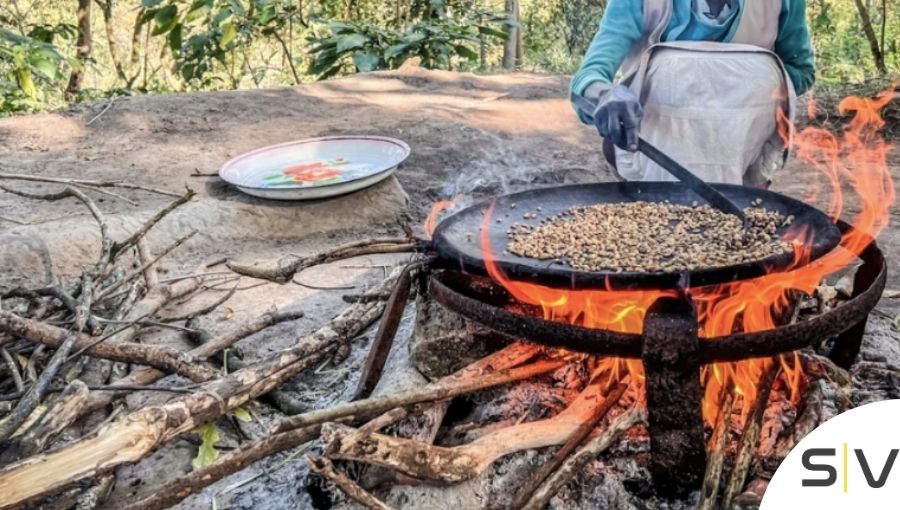At the Mission 300 Africa Energy Summit in Tanzania, 12 African nations pledged to expand access to clean cooking technologies, aligning with the United Nations Sustainable Development Goal 7 and the African Union’s Agenda 2063. Tanzanian President Suluhu Hassan is leading global efforts to promote clean cooking solutions.
Traditional cooking methods, reliant on wood and charcoal, cause severe health and environmental issues. Each year, around 600,000 women and children die due to indoor air pollution from open-fire cooking, while deforestation and carbon emissions further accelerate climate change.
With 600 million Africans lacking electricity and 1 billion people without clean cooking options, innovative companies like M-Gas are introducing smart-metered LPG systems and biomass stoves to lower carbon emissions and improve accessibility.
Tanzania’s goal to provide 80% of its population with clean cooking access by 2034 was widely praised. To support such efforts, governments and the private sector are developing new carbon credit financing models. Additionally, the African Development Bank has pledged $2 billion over the next 10 years to fund clean cooking projects, aiming to provide millions with cleaner energy while reducing emissions.
Energy leaders emphasized the crucial role of innovation and financing in making clean cooking solutions widely available across Africa, marking a significant step toward sustainable energy access, health improvement, and environmental protection.

